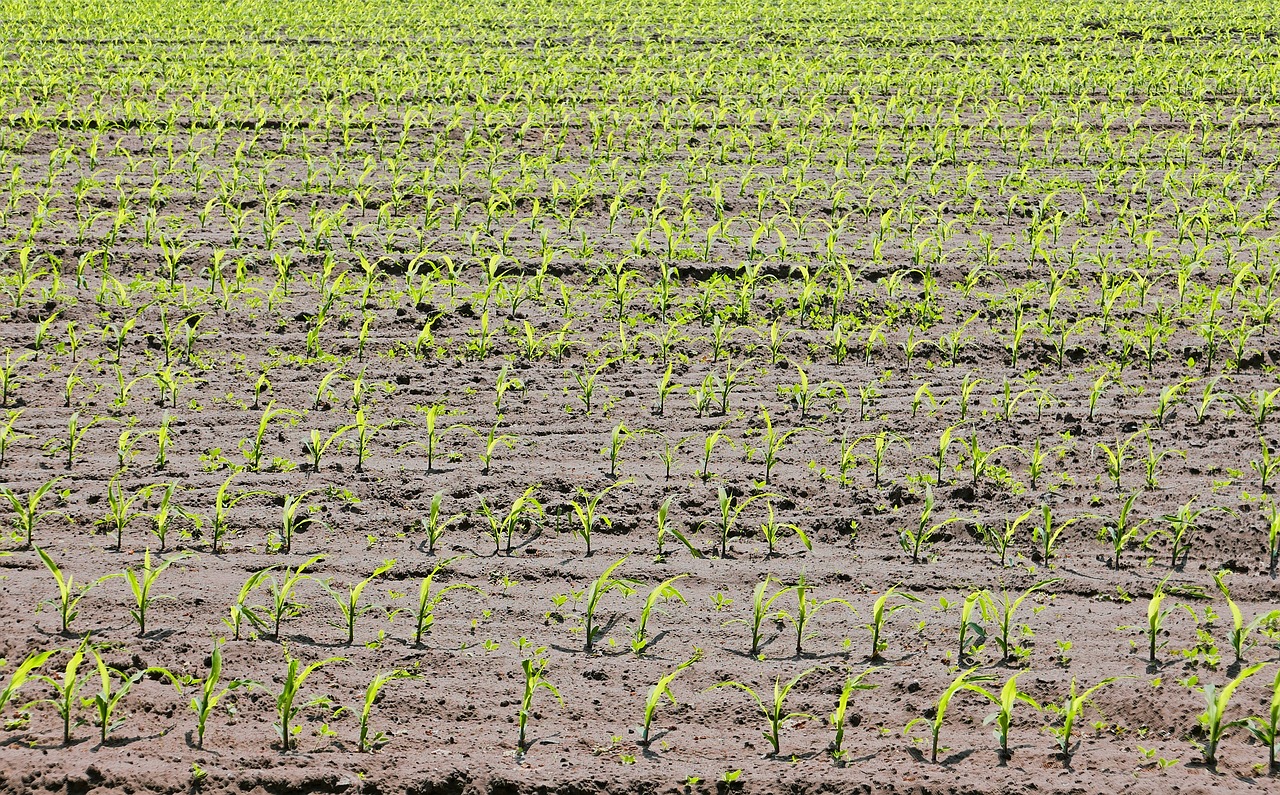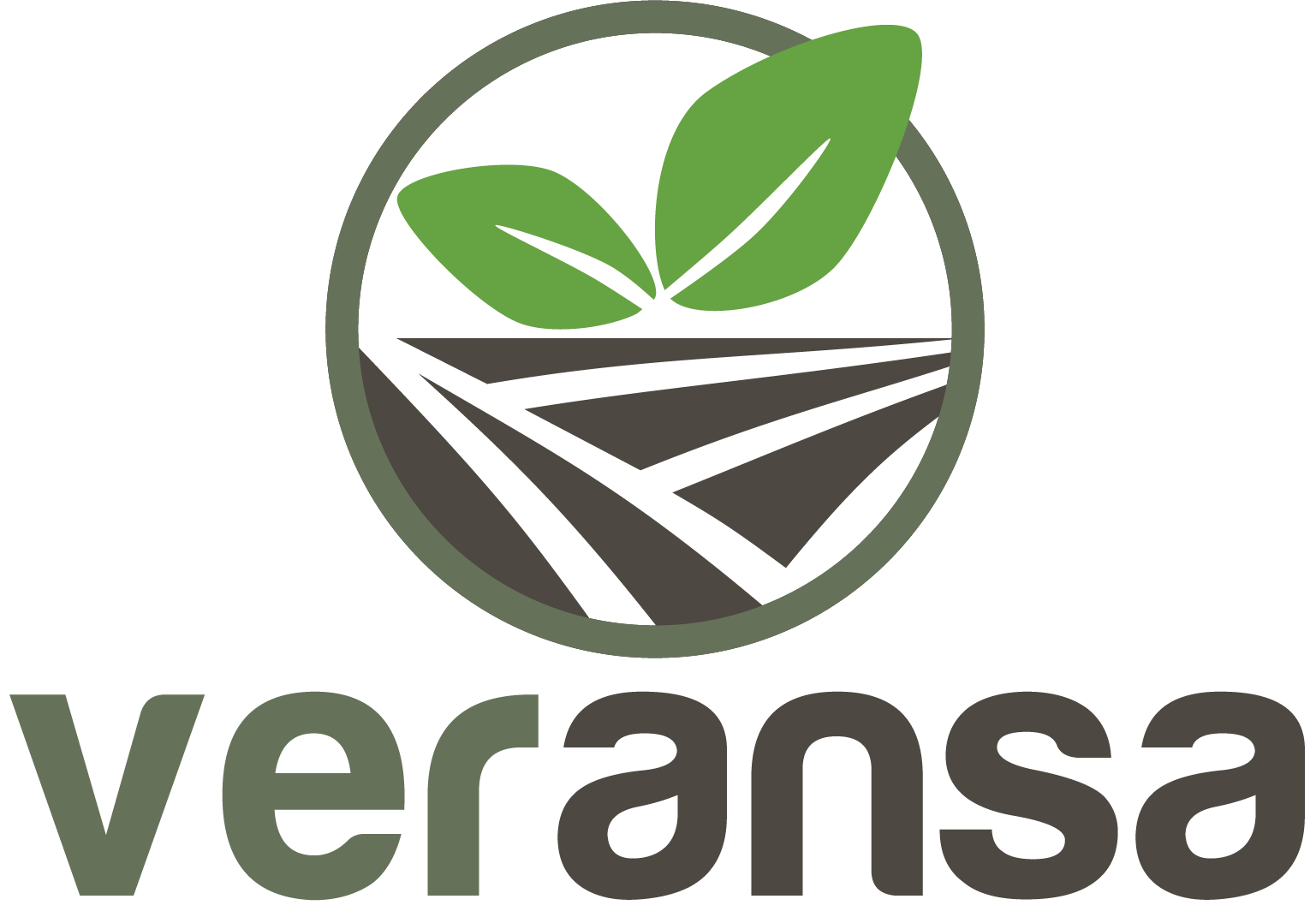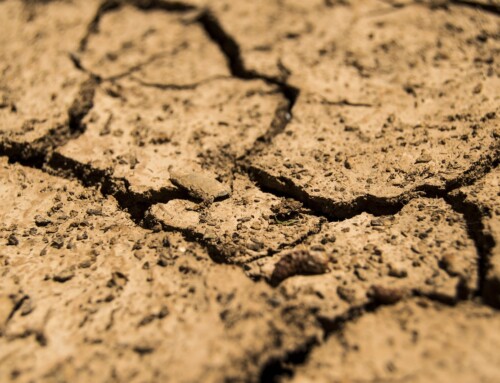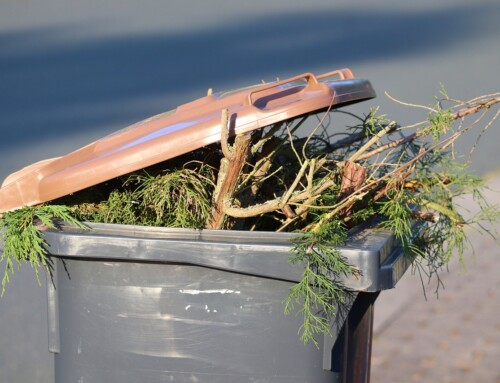In today’s challenging agricultural landscape, farmers face a balancing act between increasing productivity and controlling rising input costs. Fertilizers, irrigation, and soil conditioners can quickly strain budgets—especially when they deliver inconsistent results or require frequent application. But one natural solution is proving to be both sustainable and economically smart: compost.
Beyond its environmental and soil health benefits, compost offers a powerful value proposition for farmers looking to reduce expenses and improve profitability over the long term. By investing in high-quality compost, growers can enhance soil performance, reduce dependency on synthetic inputs, and protect their land for future productivity.

Lower Input Costs, Higher Returns
One of the biggest drivers of farm expenses is the continuous need for synthetic fertilizers and soil amendments. Over time, these inputs can degrade soil health, requiring even more corrective measures. Compost breaks this cycle.
Here’s how compost helps farmers cut costs:
- Reduces Fertilizer Needs: Compost is rich in organic nutrients that feed plants steadily over time, reducing the frequency and quantity of synthetic fertilizers required. This translates to direct savings and fewer supply chain disruptions.
- Improves Soil Structure: Healthier soil holds nutrients and water more effectively. That means less runoff, less leaching, and better efficiency from every application—organic or otherwise.
- Cuts Irrigation Demands: Compost increases the soil’s ability to retain moisture, helping reduce the need for frequent watering. This is especially valuable in drought-prone areas or regions with water restrictions.
- Decreases Erosion and Soil Loss: Poor soil structure can lead to erosion, which not only removes valuable topsoil but also carries away fertilizers and nutrients. Compost helps stabilize soil, preventing loss and preserving value.
Compost Builds Long-Term Profitability
Compost isn’t just a quick fix—it’s a long-term investment in the health and productivity of your farm. Unlike synthetic fertilizers, which provide a short nutrient burst, compost enhances soil fertility over time.
The long-term benefits include:
- Stronger Soil Biomes: Compost supports microbial life essential for nutrient cycling, plant health, and disease resistance. Healthy biology means less need for chemical interventions.
- Resilient Crops: Compost-amended soils produce plants that are better able to withstand stressors like drought, pests, and disease, reducing crop loss and boosting consistency.
- Better Yields, Better Quality: Healthy soil results in higher yields and higher-quality crops—both of which increase market value and farm profitability.
- Sustainable Certifications: Farms using compost may qualify for sustainability certifications and grants, expanding market access and opportunities.
Compost vs. Chemical: A Financial Perspective
While the upfront cost of compost may appear higher than conventional fertilizers, its performance over time tells a different story. Because compost improves the foundational health of soil, farmers often see better ROI over a season—or several.
Here’s a breakdown of how compost creates value:
- Year 1: Improved soil tilth and water retention reduce inputs and labor.
- Year 2: Enhanced soil structure supports stronger plant growth, fewer losses.
- Year 3 and beyond: Cumulative soil health leads to improved consistency, resilience, and productivity across multiple growing cycles.
With compost, farmers aren’t just buying nutrients—they’re investing in a self-sustaining, regenerative soil system that gets better with every season.
Choosing the Right Compost
Not all composts are created equal. For maximum economic benefit, it’s essential to choose a product that’s clean, consistent, and biologically rich.
At Veransa, we manufacture Veransa Prime, a premium compost made from inspected green waste and pre-consumer food scraps—never biosolids or animal byproducts. Our product is:
- Third-party tested monthly
- Carbon-rich and nutrient-stable
- Easy to spread and consistently available
- Trusted by farmers, landscapers, and turf managers across Florida
By using Veransa Prime, you’re not only choosing a cost-effective soil solution—you’re investing in long-term soil resilience and profitability.
Unlock the Economic Potential of Composting
For growers seeking to reduce expenses while maintaining high productivity, compost is a powerful tool. It supports the health of your soil, your crops, and your bottom line—season after season.
Unlock the economic potential of composting at www.veransa.com.


